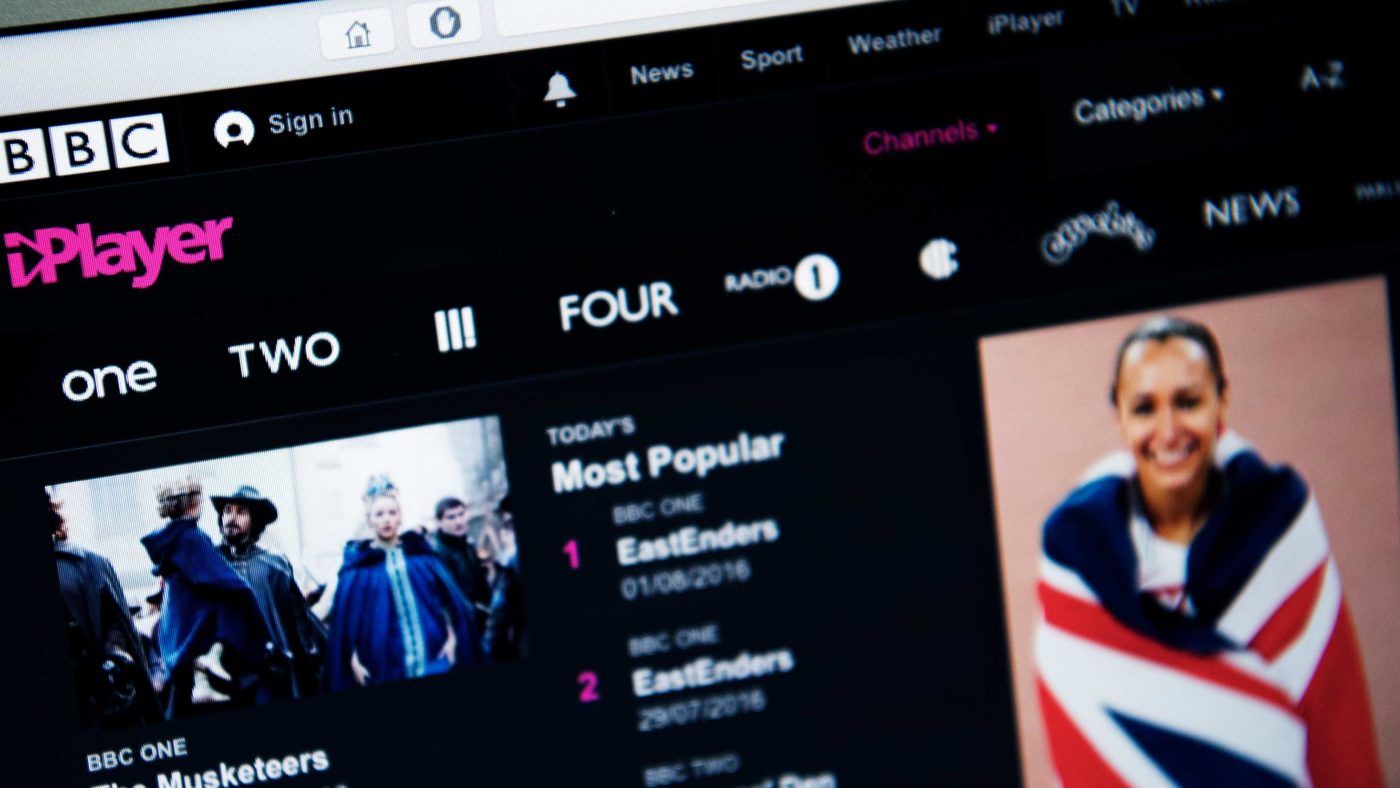Culture Secretary Nadine Dorries has finally announced the intention to end the compulsory BBC licence fee. This should have been done years ago, but each time the BBC has managed to pressure the government of the day into extending a system that has long outlived its practicality and its justification.
Even now, although Dorries has said the next announcement about the licence fee will be the last, and that after 2027 it will be time to discuss ‘new ways’ to fund the corporation, an unnamed ‘BBC source’ describes the proposal as mere ‘speculation’. Clearly, they are determined to fight their corner, as before, and try to keep their lock on licence fee payers’ money.
The licence fee is a throwback to the time when broadcasting was a BBC monopoly. It suffered then from the same problems that beset other state industries and utilities. When consumers are unable to take their custom elsewhere, the industry tends to be captured by its producers and to serve the interests of its workforce and administrators, rather than those of its users.
In the days of its monopoly, BBC radio played hardly any pop music because the musicians union limited “needle time” so that studio musicians’ jobs wold be protected. The monopoly was broken by offshore pirate stations, and even though the then Labour government outlawed them, the genie was out of the bottle. The Tory opposition had seen the demand for competition and pledged to permit competing commercial stations, which they did when they won power.
Even though the BBC now faces competition from broadcasters funded by advertising and subscription revenues, the legal obligation to pay the licence fee means that it still has a producer-focused culture that separates it from its viewers and listeners.
Critics have also questioned the morality of a flat-rate tax that falls as heavily on the poor as it does on the rich, and as heavily on those who do not watch or listen to its output as it does on those who do. People also ask why those who don’t pay should face fines and imprisonment. After all, subscribers to Sky who don’t pay have their service cut off, rather than facing a criminal record or imprisonment.
Astonishingly, almost one-third of female convictions are for non-payment of the licence fee, and some people are imprisoned for non-payment of the fines imposed. The typical victim is a single mother in financial difficulty, who simply does not have enough money to pay the licence fee. Ministry of Justice figures show that increasing numbers of women are acquiring criminal records because of this.
People were appalled by the licence fee terror advertisements featuring police sirens, feet crunching on gravel driveways, and the faces frozen in horror at the doorbell’s chime. Using the threat of criminal proceedings to terrorise non-payers into submission smacks less of a liberal democracy than the worst kind of authoritarianism. It is indicative of an attitude unfriendly to consumers, to put it mildly. Thankfully, as the Culture Secretary put it, ‘the days of the elderly being threatened with prison sentences and bailiffs knocking on doors’ are now over.
The BBC might have justified its role as a public service broadcaster, but took the fatal decision years ago to justify its licence fee by going after mass audiences. Though that might have brought the corporation more in line with the public it serves, it also means that much of its output is now virtually identical to the kind of shows shows that other channels finance through advertising and subscription.
Of course, the BBC also produces programmes that are up there with the world’s best, and draws considerable revenue from sales of them abroad. If it had to compete for public service funds there is little doubt that it would win many such bids. But for its populist output, the Culture Secretary is right. The licence fee is an anachronism no longer relevant or tolerable in a world of multiple channels financed from multiple sources. It will have to use advertising and subscriptions, as other channels do, and finally move into the modern world where it has to win revenues rather than coerce them.
Click here to subscribe to our daily briefing – the best pieces from CapX and across the web.
CapX depends on the generosity of its readers. If you value what we do, please consider making a donation.


